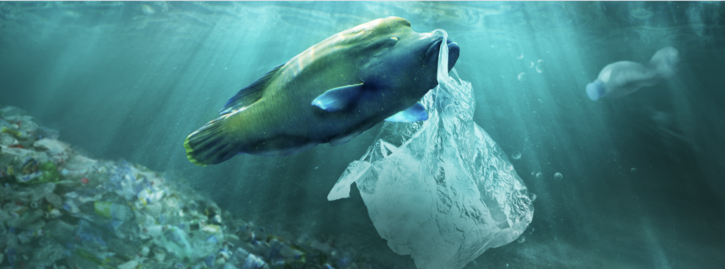100 signatures reached
To: Dr. Dion George, Minister of Forestry Fisheries and the Environment
Don't be a fossil fool, ditch the single-use tool

Our beautiful country is drowning in plastic.
Every day, millions of plastic bags are discarded, choking our wildlife, polluting our rivers, and littering our landscapes.
Let’s take urgent action now to protect our environment for us, for our children.
We urge you to implement an IMMEDIATE nationwide ban on single-use plastic bags.
This decisive action will showcase South Africa's commitment to sustainability and inspire other nations to follow suit.
We want you to commit to our planet.
The time for change is now - let's lead the way.
Every day, millions of plastic bags are discarded, choking our wildlife, polluting our rivers, and littering our landscapes.
Let’s take urgent action now to protect our environment for us, for our children.
We urge you to implement an IMMEDIATE nationwide ban on single-use plastic bags.
This decisive action will showcase South Africa's commitment to sustainability and inspire other nations to follow suit.
We want you to commit to our planet.
The time for change is now - let's lead the way.
Why is this important?
Let's be real! Local townships and city streets are suffocating in single-use plastic.
Our ecosystems are being invaded by discarded single use plastic bags.
If nothing is done now it will be too late to contain the contamination!
Minister Dion George has the power to boldly lead SA into a plastic free future.
South Africa’s neighbours, Eswatini and Botswana, Rwanda and Kenya have already acted!
Minister Dion George, isn’t it time to “Rescue South Africa” from single use plastic bags?
We need urgency. Tackling the plastics crisis is crucial for several reasons:
Our ecosystems are being invaded by discarded single use plastic bags.
If nothing is done now it will be too late to contain the contamination!
Minister Dion George has the power to boldly lead SA into a plastic free future.
South Africa’s neighbours, Eswatini and Botswana, Rwanda and Kenya have already acted!
Minister Dion George, isn’t it time to “Rescue South Africa” from single use plastic bags?
We need urgency. Tackling the plastics crisis is crucial for several reasons:
1. Environmental protection: Plastic pollution has devastating effects on ecosystems. In the oceans, plastics harm marine life, leading to injuries, fatalities, and disruptions in the food chain. On land, plastics can degrade soil quality and affect plant and animal life. By addressing the plastics crisis, we can protect biodiversity and maintain healthy ecosystems.
2. Human health: Plastics, especially microplastics, have been found in drinking water, food, and even the air. The ingestion and inhalation of plastic particles pose potential health risks, including toxic effects from chemicals used in plastic production. Reducing plastic pollution helps safeguard human health.
3. Climate change: The production and disposal of plastics contribute to greenhouse gas emissions, exacerbating climate change. By reducing plastic use and improving recycling, we can lower emissions and mitigate the impact of climate change.
4. Economic impact: Plastic pollution has economic consequences, including the cost of cleanup efforts, the impact on tourism, and damage to fisheries and agriculture. Addressing the crisis can alleviate these financial burdens and promote sustainable economic growth.
5. Future generations: The long-lasting life-cycle of plastics means they will remain in the environment for hundreds of years. Taking action now ensures that future generations inherit a cleaner, healthier planet.
6. Social justice: Plastic pollution often disproportionately affects marginalised communities, who may live near landfills or polluted waterways. Tackling the plastics crisis promotes environmental justice and ensures that all communities can live in a safe and clean environment.

